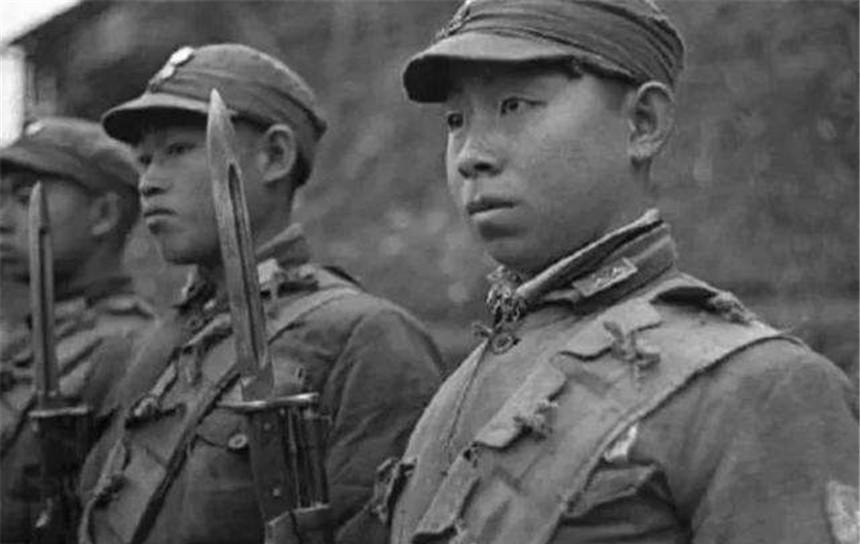History has its own life, it is like a person, both easy-going and self-respecting. ——Yu Qiuyu
Since the outbreak of the Lugou Bridge Incident on July 7, 1937, the Japanese army has moved so rapidly that it has even threatened to destroy China within three months. On December 1, the Japanese army launched an attack on Nanjing, and the Chinese troops in the north and south of the Tiannanhai began to gather outside the city, including a Sichuan army of more than 2,000 people. They were troops from a certain regiment of the Sichuan Army, and the wind and food along the way had already made them tired and mentally exhausted, and such a combat state was undoubtedly very unfavorable to the troops.

According to Lin Benqin, a farmer who lived at the foot of Qinglong Mountain in Nanjing, "At that time, the defense of Nanjing was very fierce, and there was fierce smoke and fire on the mountain and under the mountain, and even at night it was illuminated with flares as in the daytime. As a commoner who is familiar with the local terrain, in order to escape the persecution of the Japanese army, Lin Benqin, like many local villagers, did not choose to flee to the refugee home set up in Nanjing, but very cleverly hid in the natural cave of Qinglong Mountain.
Qinglong Mountain is located in the northern mountains of Nanjing, its main rock composition is limestone, after years of erosion of flowing water, here has formed a lot of ghostly caves, the large can accommodate nearly 500 people or so, while the small can only accommodate two or three people, because of the good concealment here, so it has become a hiding place for local people.
On December 12, under extremely unfavorable conditions, the Sichuan army of more than 2,000 people began to retreat according to the orders of Tang Shengzhi, commander of the Nanjing Guard. Under the frantic pursuit of the Japanese army, the troops of a certain regiment of the Sichuan Army inadvertently mistakenly entered Qinglong Mountain, and Hua Hai, who was serving as the regimental guard at the time, was also in the army. At this time, the soldiers of the Sichuan Army had reached the point of running out of ammunition, and they could only choose to hide in the caves with complex terrain in Qinglong Mountain, and return fire on the Japanese with limited ammunition.
At this moment, Hua Hai could clearly feel the anxiety and despair on the regimental commander's face. At this moment, some soldiers reported that the ammunition reserves left by the Central Army had been found in the caves of Qinglong Mountain, which made all the Sichuan soldiers shine with hope on their faces. However, the moment the box was opened, the original joyful look of the regimental commander quickly froze. It turned out that the "bullets" in these boxes were all made of wood!
The regimental commander looked at these "bullets" tearlessly and muttered, "Why is this happening?" His questions drifted through the cave for a long time, but no one could answer them. "Guys, disband in situ, how will this battle be fought?" Saying that Hua Hai saw, the regimental commander was desperate to walk towards the depths of the cave and lost his soul... Hua Hai finally chose to live in seclusion in Qinglong Mountain and became a farmer, and he told his good friend Chen Hongyuan the story of his troops in the Sichuan Army, and although he had a family after that, he had no heirs to stay.
Since The old man Hua Hai has been dead for decades, many details in his story are difficult to verify, but it is certain that some of the retreating troops did encounter the situation of "fake ammunition", so we can speculate that these 2,000 Sichuan army troops were either captured or fought fiercely with the Japanese army to death, and the cruelty of the Japanese Kou handling prisoners of war was heinous, and they were most likely one of the 300,000 ghosts of the Nanjing Massacre!